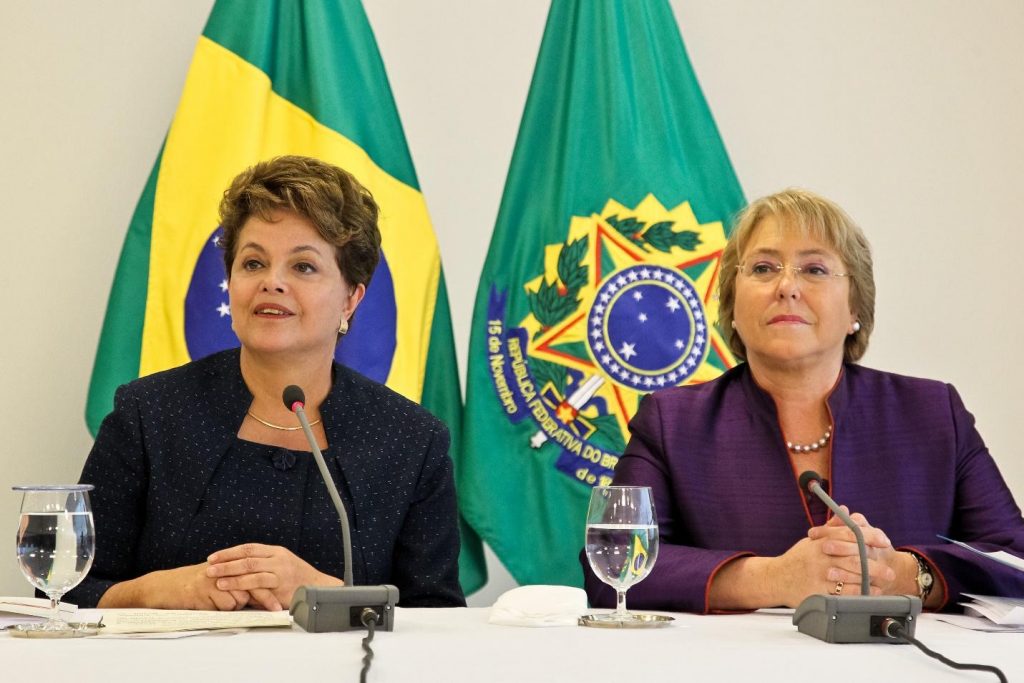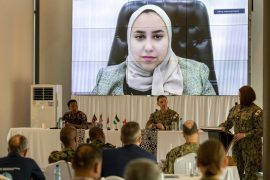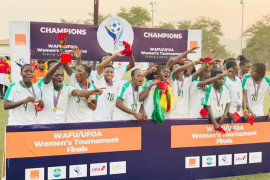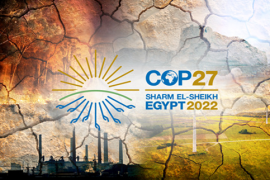Not long ago, in 2014, Latin America had four female presidents: Laura Chinchilla in Costa Rica, Cristina Fernández de Kirchner in Argentina, Dilma Rousseff in Brazil and Michelle Bachelet in Chile. Today, there are none, and leaders in the region are pushing for more women to secure top leadership positions so that gains in the political arena are not lost.
Three female Latin American leaders — Peruvian Vice President Mercedes Aráoz, Honduran Vice President Olga Alvarado and Bogota Councilwoman Angela Garzón — spoke on the issue Friday at Ana. G. Mendez University in Miami. They shared their experiences as women in politics and analyzed advances and setbacks of gender in leadership roles throughout international organizations, and national and local governments.
Though there are currently no female heads of state in Latin America, there are several vice presidents and there is an increase of women in parliamentary bodies.
“The empowerment of women must be permanent. It is everyone’s responsibility to achieve that true equity that our peoples are claiming, because that hope is required in Latin America and women have come to stay and mark a different story, bring hope,” Alvarado said.
Aráoz and Garzón highlighted the need for more women leaders so that gains in the political arena are not lost.
“There is a setback, but I think there is also a process of reform of political systems, because political systems exclude women a lot. There has also been a contamination by corruption issues. We have to work on a paradigmatic change in the political structures and in how the political parties participate so that they help train women in politics, representing society,” Aráoz said.
“Women should educate themselves as leaders, this is how we will avoid setbacks. Participation must continue to grow, we must continue to break paradigms,” Garzón added.
Over the past two decades there has been the implementation of policies in the region that has influenced a growing support and acceptance of women in leadership positions.
“Women entered national congresses thanks to gender quotas. Quotas have stimulated an increase of women’s participation in national leadership. I think there this is a good mechanism, although adjustments have to be done in order to get more participation and gender equality,” Aráoz said.
Aráoz explained that the region has developed laws and social policies to address vulnerable sectors of the population which include women. She sees an improvement in some areas but recognizes that the gender gap persists.
“Women’s progress still needs more mechanisms to sustain and expand female representation. There is still a significant gap in terms of salary and responsibilities. Today a woman has access to better jobs, but because there is inequality in the domestic front, in terms of housework and taking care of the children, now she has much more to do, like two jobs,”Aráoz said.
Garzón said there must be an increase in women’s role in politics and their success in seeking leadership positions at the highest levels.
“In Colombia, we have already many good laws. It is necessary to take action. Women are struggling to conquer and advance to achieve parity. In terms of laws, we have made progress, but moving from paper to reality is a challenge at this time”, said Garzón, who also aspires to the be the first female mayor of Bogota.
Garzón highlighted the importance of equal education for boys and girls as a way to transform the region.
“It worries how some girls in our region do not go to school, they are taught to do housework since they are very little. Empowerment starts from when you are a child, you must become familiar with concepts of respect and equality from a young age”, the councilwoman said.
Political Crisis in Venezuela
Aráoz said Venezuelan women play an important role in the struggle for democracy in their country.
“María Corina Machado and Lilian Tintori, are examples of very brave women. There are also many Venezuelan women leaders in our countries, leading movements and marches of Venezuelans. I believe that women have played an important role, many have seen their partners taken as prisoners and have taken the lead. That equates men and women in the struggle for freedom and democracy. It is a very great legacy that these women are going to leave to the future Venezuelan generations,” she said.
She reiterated Peru’s support for National Assembly President Juan Guaidó, an opposition leader who declared himself president of Venezuela in place of President Nicolas Maduro.
“We have recognized President Guaidó. We support him in his efforts to restore democracy in that country. In Venezuela there is a humanitarian catastrophe. In just one year, Peru received 600,000 Venezuelans escaping from a situation where there is hunger, lack of medicines and huge inflation,” Aráoz said.
“We support the restoration of true democracy. Not to a usurper as is the case of Mr. Maduro. He has made fraudulent elections, without observers, without clear mechanisms, ” she added.
Garzón also opted for the reestablishment of democracy in Venezuela.
“Colombia has received thousands and thousands of Venezuelans. We have been in solidarity with them and we will continue to be, but the first thing is to fight for the restoration of democracy in that country. We recognized Guaidó as the legitimate president in charge of Venezuela and we will continue to support him.
Source: UPI





Comments are closed.